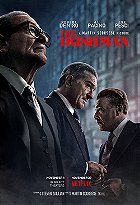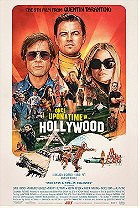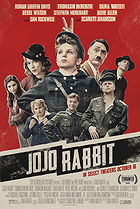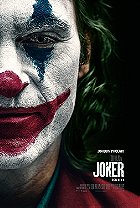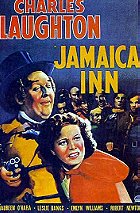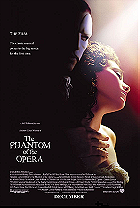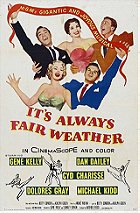It would be easy to write off 1917 as a technical display lacking in anything else, but that complaint is rooted in an inability to get past the central gimmick. Sam Mendes’ directorial achievement is from the school of Rope and Birdman: everything is presented as one long shot. Unlike those films, there’s plenty of quiet poetry and emotional undercurrents to counterbalance the spectacle on display.
We begin by meeting our central characters, Blake (Dean Charles Chapman) and Schofield (George MacKay) as they nap in a verdant field between battles. Someone comes to stir them, and we watch as they descend into the trenches like an inevitable stroll into hell. The unnerving quiet of the way the scene unfolds is a sign of things to come and a dread starts to build within you.
This dread only deepens as they’re given a near-suicide mission to infiltrate enemy lines and deliver a message to another company to call off an attack. The bulk of the movie is of the two of them embarking on this mission and the various setbacks, dangers, and human moments along the way.
There hasn’t been a war film released recently that so artfully captures the desolate wasteland and hell of war. There’s no glorification of hyperviolence and masculinity like Hacksaw Ridge or American Sniper but visions of vast destruction and unimaginable loss. One scene that haunted me even as it unfolded was MacKay walking into a burning town from the blackness like he was entering hell’s mouth and discovering the eerie quietness outside of the hungry flames.
The surreal, nightmarish landscape of No Man’s Land is a repulsive corrective to rah-rah jingoistic war cinema. No Man’s Land is nothing but scorched earth, bombed out craters, corpses of man and beast being devoured by rats, and the remains of barbed wire and wood. The only sign of once hospitable land is puddles of dirty water that provide no nourishment. Mendes’ treatment of these scenes recalls the stark, harsh poetry of The Big Parade or The Best Years of Our Lives in trying to visualize near indescribable horrors that mankind can wrought upon each other.
If there’s any major knock against 1917 it isn’t the technical wizardry on display, but the big-name star cameos that occasionally call more attention to themselves than the story. Andrew Scott and Richard Madden blend in well while Benedict Cumberbatch and Colin Firth are big time movie stars loaded with baggage. For a brief moment, 1917’s delicate immersion and terrifying surrealism are popped.
Mendes does manage to quickly regain the momentum lost by restoring us to the terrifying and senselessness of its main characters existence. Praise be to George MacKay for carrying 1917 upon his shoulders with such grace and existential trepidation. It’s a damn shame that Best Actor was so crowded this year that a spot couldn’t be found for him. MacKay’s stark face in several scenes is a blank space for Mendes to remind us of the cruelty and chaos of war. The haunting imagery is reflected from MacKay back to us just as often as the pauses and emotionally stingy finale.
 Login
Login
 Home
Home 95 Lists
95 Lists 1531 Reviews
1531 Reviews Collections
Collections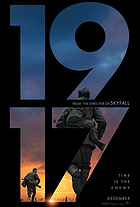
 0 comments,
0 comments, 